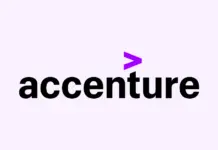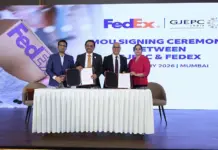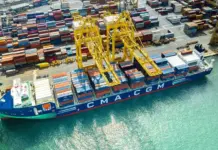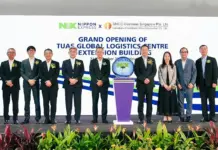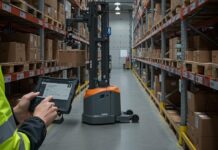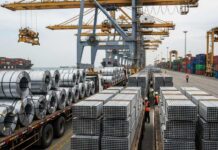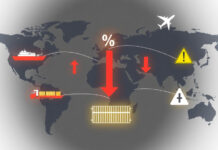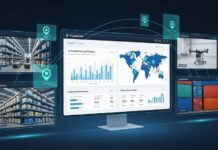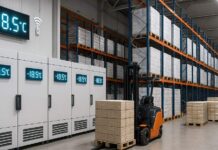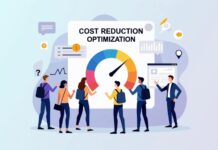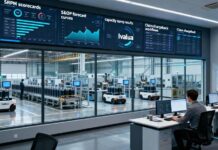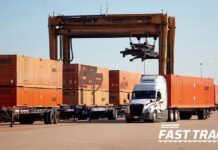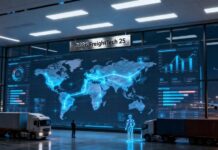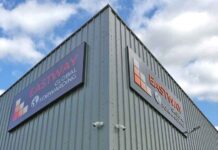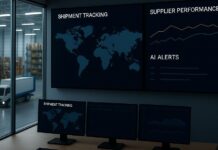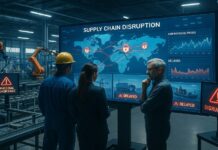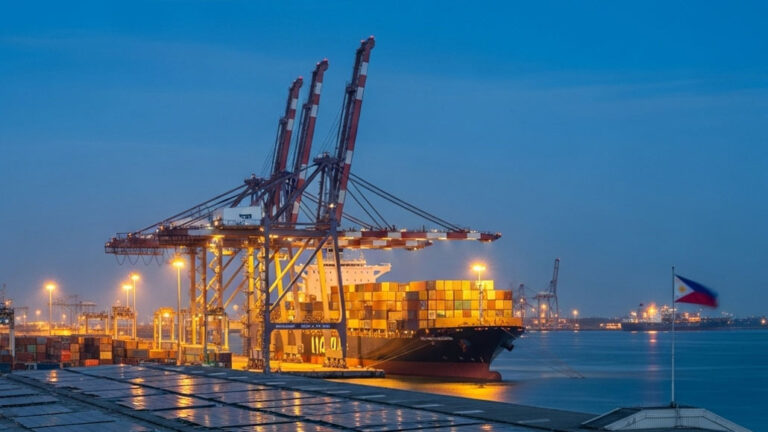
It is a known fact that the global supply chain happens to be a critical aspect of private sector operations, playing a crucial role in attaining global decarbonization objectives that are outlined in the landmark Paris Agreement – which is to reduce emissions by 45% by 2030 and also achieve net zero by 2050, therefore, at the end of the day, keeping global warming under 1.5°C.
But with up to 90% of global businesses being the small and medium enterprises – SMEs that are embedded deep across the supply chains of large companies—the push to drive corporate decarbonization happens to involve framing these SMEs by way of having a progressive mindset, offering them proper knowledge, and at the same time, also equipping them with the exact tools as well as technologies.
Apparently, in the Philippines, the dialogue on this uphill yet important task of greening the local supply chain has been taken care of by the Net Zero Carbon Alliance (NZCA), which is a pioneering consortium of businesses that are Philippine-based and are also committed to attaining net zero emissions, organized by Energy Development Corporation (EDC), the First Gen-owned geothermal energy leader.
As part of the Net Zero 101 learning series, which was launched in 2024, NZCA recently went on to hold the Supply Chain Decarbonization Fundamentals workshop, which was in collaboration with the Corporate Decarbonization Exchange – CDx, which happens to be the leading platform for corporate decarbonization in Southeast Asia. The session stressed the critical strategy of beginning the net zero transition of most companies by way of supply chain review as well as evaluation.
NZCA executive director, along with EDC Corporate Support Functions head Atty. Allan V. Barcena, said that greening the supply chain happens to be a transformative act and a domino effect where a desire of the company to address emissions sets off a chain of steep but necessary steps all across its partners, stakeholders, and even customers. Therefore, it takes not only a very robust will to start on the journey but also foresight as well as endurance in order to sustain it.
It is well to be noted that CDx moderated a series concerning four modules, which were designed with its trademark fishbowl approach towards dialogue post establishing the desired learning outcome at the beginning of each session, with four contributors sharing information from distinct aspects. Apparently, there is a subject matter expert that offers expert resources, followed by a case study provider who goes on to share relevant experiences pertaining to the topic. An enabler then happens to discuss the strategies as well as practical solutions, while a protagonist goes ahead and puts forth a contrarian point of view in order to spark a more meaningful discussion.
The first module, which is Understanding the State of Play – Supply Chain Emissions & Regulatory Landscape, goes on to serve as an introduction to understanding Scope 1, 2, and 3 emissions and the significance of supply chains as part of global decarbonization objectives concerning companies. The second module, which is Measuring & Setting Targets for Supply Chain Decarbonization, goes deeper into leading methodologies along with tools for emissions measurement.
The third module, Implementing Decarbonization Strategies, underlines the best practices and cross-industry strategies when it comes to supplier collaboration and also responsible procurement toward emissions reduction, along with the available tools for companies as well as SMEs, like ESG-linked financing and green procurement incentives. The final module, which is the Transparent Reporting & Enhancing Brand Visibility, highlights the importance of precise and transparent sustainability disclosures that make use of global reporting frameworks.
Interestingly, the roster of speakers happened to comprise the moderator-experts coming from CDx, Lock23, SBTi, UL Solutions, Yokogawa, Allotrope, Southeast Asia Energy Transition Partnership, and Mt. Stonegate Green Asset Management, as well as Eco-Business, in addition to the sustainability practitioners and leads from NZCA member companies like Unilever, EDC, BSI, Mondelez, Arthaland, Ecolab, ECCI, Container Living, and also Drink Communications.
NZCA, which happens to be in its fourth year, continues to march ahead with the net zero agenda across the Philippine private sector by way of spearheading multi-sectoral dialogues like the first-ever Net Zero Conference and capacity-building initiatives of the country, including the Net Zero 101 Media and Corporate Communications Training, which happens to be the first that’s conducted.
To date, NZCA has a total of 34 partner members coming from various industries and enterprises, which include manufacturing as well as consumer goods, hospitality, real estate, transport and logistics, information technology, finance, mobility, design and communication, and also academia.


